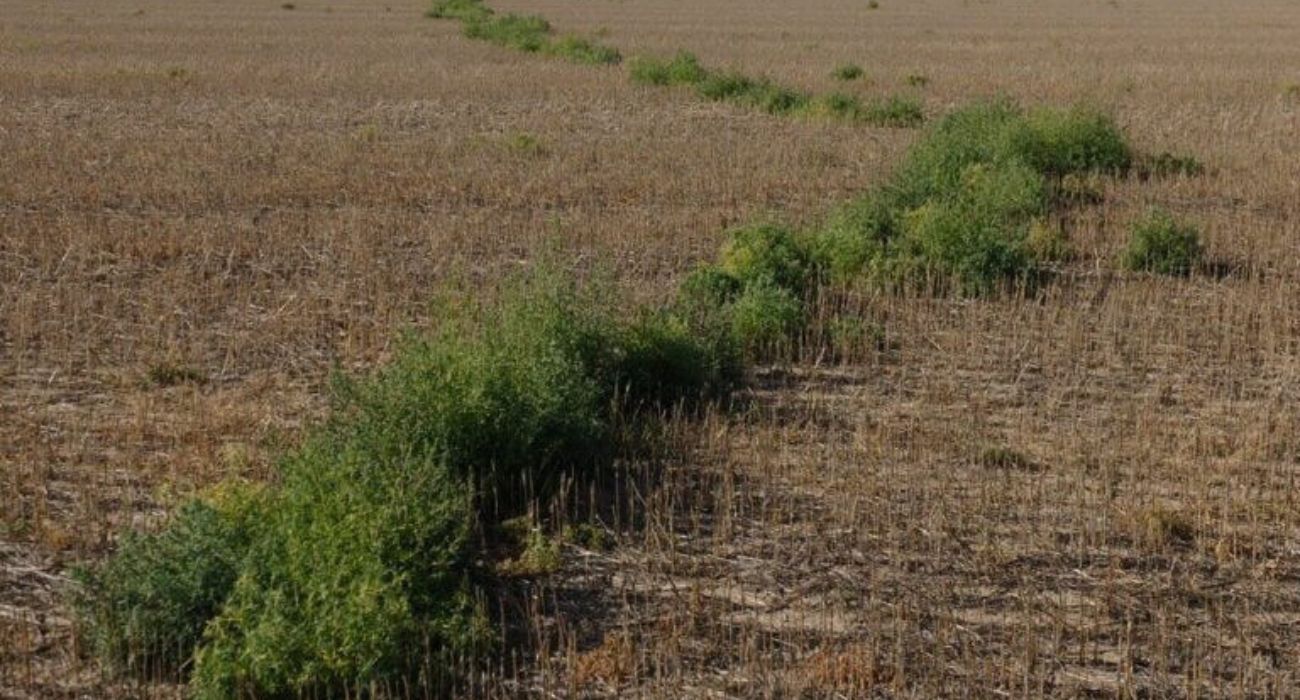Multiple breeds of crop-killing plants are beginning to spread across U.S. farmlands and are becoming more resistant to the chemicals used to treat them.
Crop-killing plants such as kochia, giant ragweed, water hemp, and other weeds are starting to choke crop fields in multiple states, including Wisconsin, Minnesota, North Dakota, and Iowa. Scientists are concerned that this spread is indicative of the plants becoming resistant to chemicals faster than companies can create new compounds to deal with them, according to Reuters.
Kochia, in particular, also called tumbleweed in its dry state, is an invasive and toxic species that can be found nationwide, according to Texas A&M AgriLife Extension. Although the species can benefit livestock in its early stages, the plant can devastate crops.
Kochia can reduce crop yields by 70% or more and cause interference when farmers attempt to harvest crops. According to Take Action, “high genetic diversity, short seed life, and heavy reliance” have allowed this plant to become resistant to many herbicides.
The U.S. Department of Agriculture (USDA) notes that the herbicide glyphosate, which is found in many popular products like Roundup, is losing its efficacy due to producers relying solely on it to protect crops such as soybeans and corn.
“[G]lyphosate is becoming less effective as weed resistance mounts — 14 glyphosate-resistant (GR) weed species have been documented in U.S. crop-production areas. GR weeds can reduce crop yields and increase weed-control costs, and recent surveys suggest that the amount of affected cropland is increasing,” reads the USDA’s website.
The increased resistance translates into increased costs and reduced yields.
Bob Finken, a 64-year-old farmer in North Dakota who uses glyphosate and dicamba, told Reuters that using both had not mitigated the spread of kochia, and he had to clear the weeds with harvesting equipment.
“That was really scary,” said Finken, according to Reuters. “Each year seems to get a little worse.”
“It’s just a matter of time before it hits your farm,” added Monte Peterson, a soybean farmer in North Dakota.
Bayer, one of the world’s largest herbicide producers, is looking to develop new crop protection solutions. The Germany-based company announced last February that it had partnered with Kimitec to accelerate the development of crop-preserving solutions, protecting them from disease, pests, and weeds.






